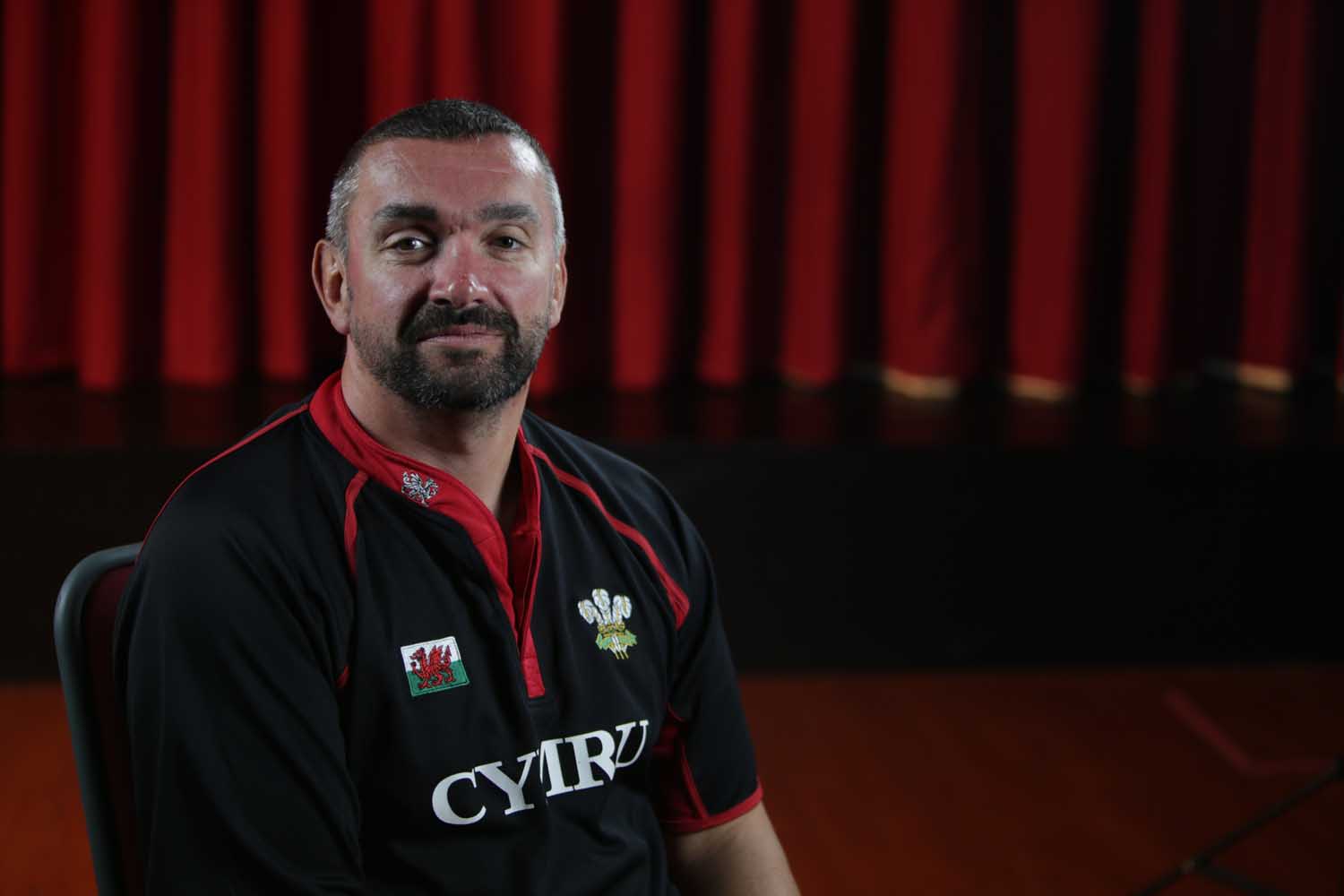Edexcel BTEC Level 2 Certificate/Diploma
Leadership Through Sport (QCF)
https://qualifications.pearson.com/content/dam/pdf/BTEC-Specialist ·
In this course, you will follow three modules of work. They are –
Unit 1: Planning and Leading Sports Activities
Unit reference number: T/502/5481 QCF level: 2 Credit value: 10 Guided learning hours: 60
Unit aim
The aim of this unit is to give learners an opportunity to inspire, motivate and improve the performance of a selected target group through the delivery of a sport activity and event. In this module, you will: –
- Describe the skills, qualities and responsibilities associated with successful sports leadership and compare the skills and qualities of 2 successful sports leaders of your choice.
- Plan and lead a sports activity of your choice to a group of students
- Review your sports activity, identifying areas of strength and areas for improvement. You need to collect and use feedback from the group and your teacher to review each section of the lesson
- You need to contribute to the planning and leading of an event, describing the planning process and the various considerations that are required to make it successful – for example, health and safety, contingency planning, rules, structure of the competition
- You need to review your own performance in both the planning and leading stages of your event. You need to use the feedback that you collected to help you review the event and identify what your personal strengths were, and what your personal areas for improvement were
Unit 2: Lifestyle and the Sports Performer
Unit reference number: T/502/5528 QCF level: 2 Credit value: 10 Guided learning hours: 60
Unit aim
The aim of this unit is for learners to explore aspects of lifestyle and to identify the components of an appropriate lifestyle for an elite athlete. In this module you will examine: –
- What the term “work commitments” means and what could be deemed “appropriate” and “inappropriate” leisure activities. You will identify the various types of paper based and electronic planning aids that can be used, then make a realistic plan of your leisure and work commitments over a 1-month period.
- The different pressures that elite athletes face and a series of strategies that can be used to deal with those pressures. You will then examine the expected appropriate behaviour for elite athletes in different situations – including training, competition / matches, and at home / social functions
- The terms short, medium and long-term goals. You will look at the goals that an elite athlete might realistically set for themselves, the major changes that can/will occur in an athletic career, the options an elite athlete may have as a second career when they retire from playing. You will then describe at least 3 financial issues that an elite athlete may need to consider
- The communication skills an elite athlete needs. You will then prepare, take part in and review a media interview.
Unit 3: Planning and Running a Sports Event
Unit reference number: H/502/5542 QCF level: 2 Credit value: 10 Guided learning hours: 60
Unit aim
This unit gives learners the opportunity to be involved in the planning, organising and running of a sports event. In this module, you will:
- Outline the planning process for a chosen sports event target. State why the various aspects of the planning process are important to consider, including things such as the target audience, contingency plans, roles and responsibilities of the members of your group, records of any meetings that took place.
- Contribute to the organisation of a chosen sports event.
- Contribute to the running of a chosen sports event. You need to be involved before, during and after the event. You will need to identify what involvement each member of your group had in all 3 stages of the event.
- Design a variety of methods for collecting feedback. These methods could include questionnaires, customer comment cards, witness statements. You will use these feedback methods to analyse the strengths and areas for improvement for your sports event, giving any recommendations for future events.
